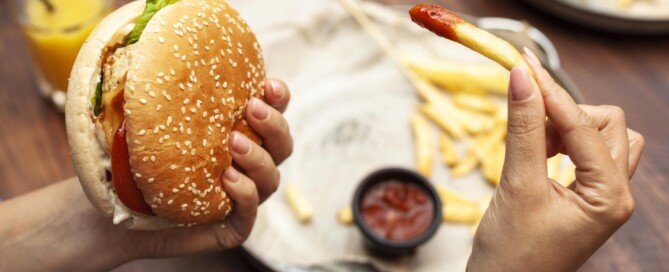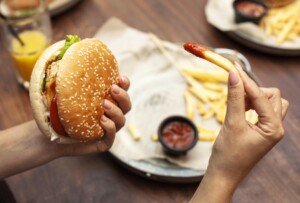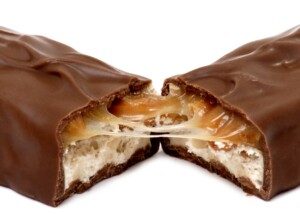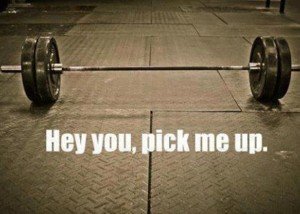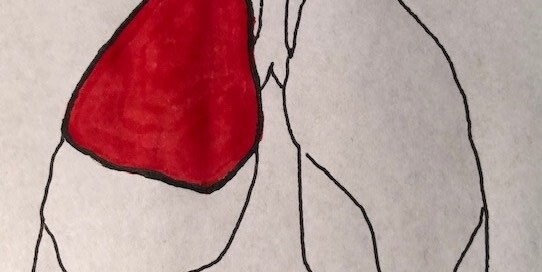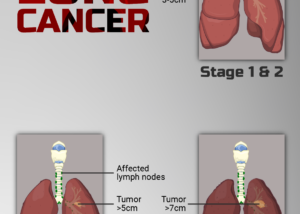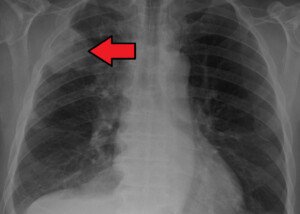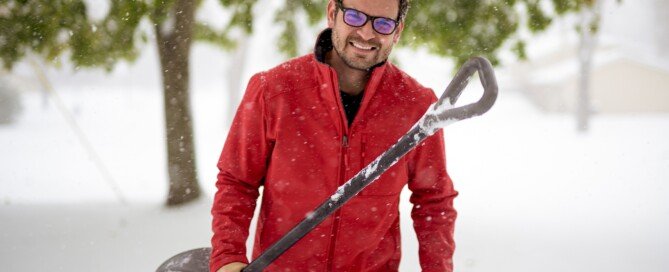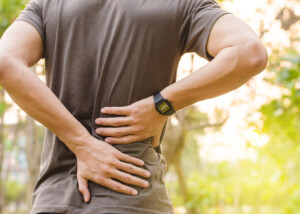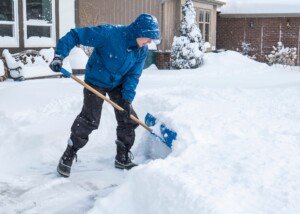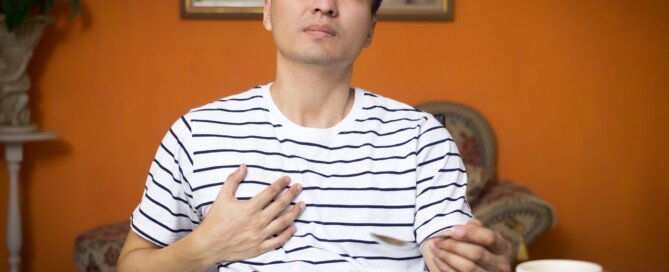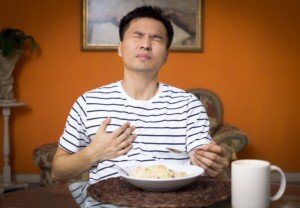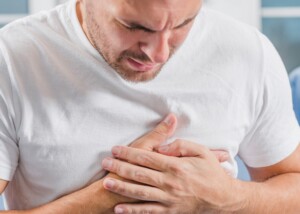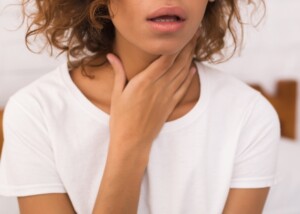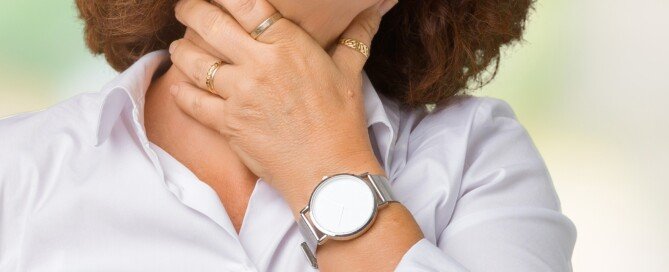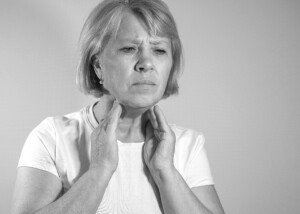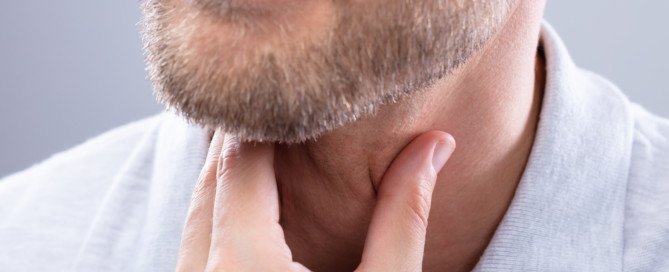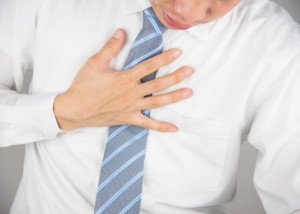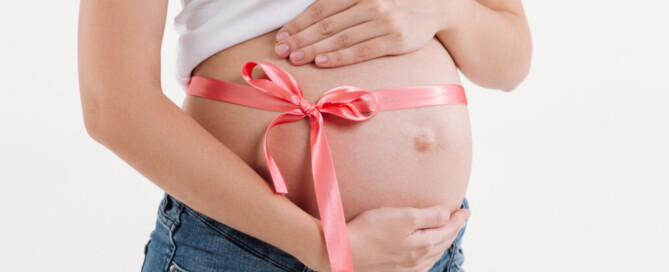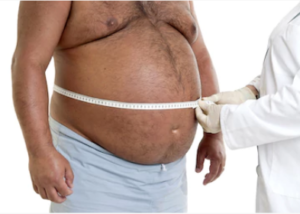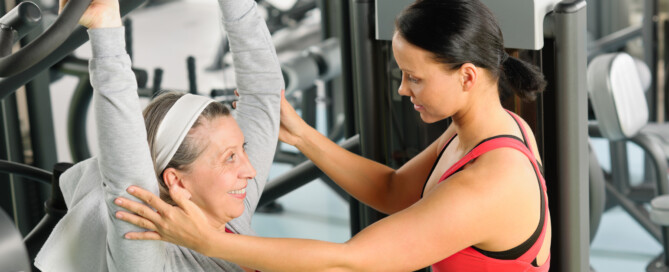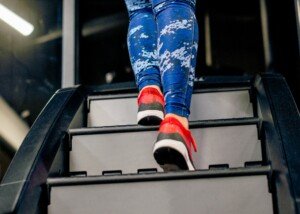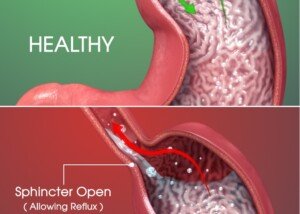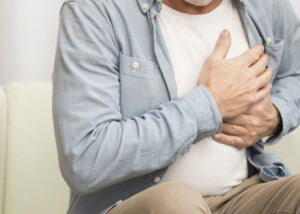Money Spent on the Toxic Diet Industry vs Junk Food Industry
Enough already about the “toxic” diet industry, because the junk food industry is far more toxic and is a $200 billion a year industry, far more than the diet culture which comes in at a relatively scant $71 billion. (more…)
Can a Person Live with just Half of One Lung?
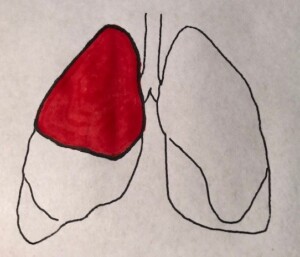
We know that people can live with only one lung.
But what if half of that remaining lung were removed, reducing total lung mass to 25%? (more…)
Compulsive Snow Shoveling: Why Shovel Only an Inch?
Do you know someone who shovels only an inch of snow or barely any slush right down to the concrete even though the sun is already melting it?
Will Untreated Esophageal Cancer Always Cause Food Impaction?
If you fear you might have esophageal cancer, can you always expect eventual food impaction? (more…)
How Does Esophageal Cancer Cause a Hoarse Voice?
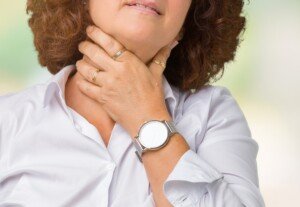
Has your voice been hoarse recently, you googled this and discovered that it can be a symptom of esophageal cancer?
Is a Thin Body a Risk Factor for Gestational Diabetes?
Does the fact that even thin women can get gestational diabetes mean that low body weight is a risk factor?
5 Things Personal Trainers Should Never Do with Clients
Struggling as a personal trainer? Perhaps you’re committing one of these five mistakes.
If you’re thinking of becoming a PT, make sure you never make these five common errors.
Every industry has standards that professionals should meet, and the fitness industry is no exception.
Personal trainers are free to work on their terms; however, there are non-negotiable practices they must adhere to. Failure to means the business will not thrive.
This is because fitness is client-centered.
And when the client feels that their training is compromised, they’ll likely quit, and the business will lose its client base.
Five Mistakes Trainers Can’t Afford to Make with Their Clients
#1 No Fitness Assessment

Freepik.com, javi_indy
The initial fitness assessment entails several tests where a personal trainer assesses the fitness level of the client.
The assessment helps the PT understand a client’s strengths and weaknesses, making it easier to tailor programs that fit the client’s goals.
Since this first assessment sets the tone for the training, it’s suicidal, so to speak, for a personal trainer to jump right into training with a client without the assessment.
Personal trainers should never assume they know what will work with the next client simply because they’ve worked with a previous client with similar physical attributes.
The initial assessment is the baseline from which the subsequent assessments will be measured.
Without this there’s no basis for reassessment, which means the trainer cannot measure progress. This, in itself, defeats the purpose of a personal trainer.
If you can’t measure progress, how do you know if the client is making headway or not? Which data do you use to decide if you should adjust the program?
You can’t base your training on intuition. Therefore, the fitness assessment is paramount.
#2 Use a Cookie Cutter Program
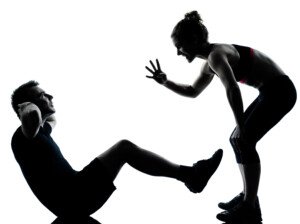
Every client is different; a personal trainer should never use one fitness program on every client.
Part of why someone will look for a personal trainer is to get personalized workout programs that fit their individual health goals. A generic routine is a disservice.
To tailor a fitness program, a PT must first conduct the initial assessment we talked about. Information about the client’s exercise history, needs and goals can help a PT tailor programs that produce results.
A cookie cutter hinders a personal trainer from focusing on the client’s goals. It reduces the value a client will get from the session. It’s more of what is convenient for the trainer rather than what works for the client.
Besides, some clients might find it challenging to do some exercises and, therefore, should do variations.
However, blurred with the idea that one program should work for everyone, a personal trainer will rarely notice the need to change a routine to fit a client.
Having a program to work from is great. However, a personal trainer must edit the program to meet the individual client’s needs.
If a personal trainer has an NSCA practice test to use, they can always review the lesson, pick best practices and provide customized training programs.
#3 Show Clients an Exercise They’ve Never Done

Personal trainers are sometimes overwhelmed by the desire to help clients get results.
The drive can push a trainer to give clients a workout that they recently read about before trying it themselves.
As much as it might be thrilling to try something new, it’s wrong to implement an exercise when you’ve never done it yourself.
Besides, this leads to inconsistency, as you’ll hop from one exercise to another.
A rule of thumb is to try any new exercise for a month before incorporating it into a client’s fitness regimen.
#4 Talk too Much

Freepik.com, javi_indy
It’s important to motivate the client during workouts. However, there is a thin line between motivation and being too talkative.
It’s always great to encourage, but don’t talk so much that you distract the client from exercise.
Sometimes these conversations might be initiated by the client. Whichever the situation, a personal trainer must strive to shift the client’s attention to the moment, since, the more the client talks, the less likely they’ll apply best effort.
Chances are they’ll be cut off by time. You can bring their attention back by asking about the exercise. For example, “How does your shoulder feel?”
A personal trainer should try to avoid conversations not related to the client’s goals (other than surface-level such as weather, “the big game,” etc.), even though often, a client who feels a positive connection with their trainer may initiate talk about something personal in their life.
#5 Lose Focus on the Training Program
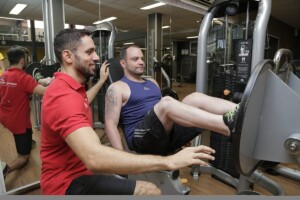
Rafaelqcn, CreativeCommons
Personal trainers need more than a stellar sense of commitment to keep going from morning to evening.
Sometimes, a personal trainer might be distracted when there’s a lot to cover in a day. Distractions make it impossible to give clients 100%.
Other distractions might come in the form of phones or talking to others while still working with a client.
A personal trainer’s attention should be on the client to ensure the client is doing the exercise right.
You can motivate them to keep going or hand them a bottle of water.
Losing focus during the program or in between sessions shows incompetence and lack of interest. In the long run, you’ll end up losing clients.
Embracing Best Practices
A personal trainer’s goal is to help clients reach their fitness goals.
If you’re struggling with the above issues, it’s high time you evaluate your strategies and address these challenges.
You can’t move forward when your clients are not gaining from your training sessions.
 Tyler Read is the owner of PTPioneer.com which is a website dedicated to helping people get started in the personal training industry. He helps people discover, study and pass their fitness exams. Check out his free videos for the latest trends.
Tyler Read is the owner of PTPioneer.com which is a website dedicated to helping people get started in the personal training industry. He helps people discover, study and pass their fitness exams. Check out his free videos for the latest trends.
.
Top image: Freepik.com
How Many Esophageal Cancer Patients Had Untreated GERD?
What percentage of people with esophageal cancer developed this deadly disease from untreated GERD (gastroesophageal reflux disease)?
Why Isn’t Ablation Done for ALL Cases of Barrett’s Esophagus?
Ever wonder why ALL cases of Barrett’s esophagus aren’t just ablated away?
After all, wouldn’t this eliminate surveillance endoscopies and anxiety? (more…)

